Rural Electrification : PM Gives Instructions For Respect of Projects Deadlines
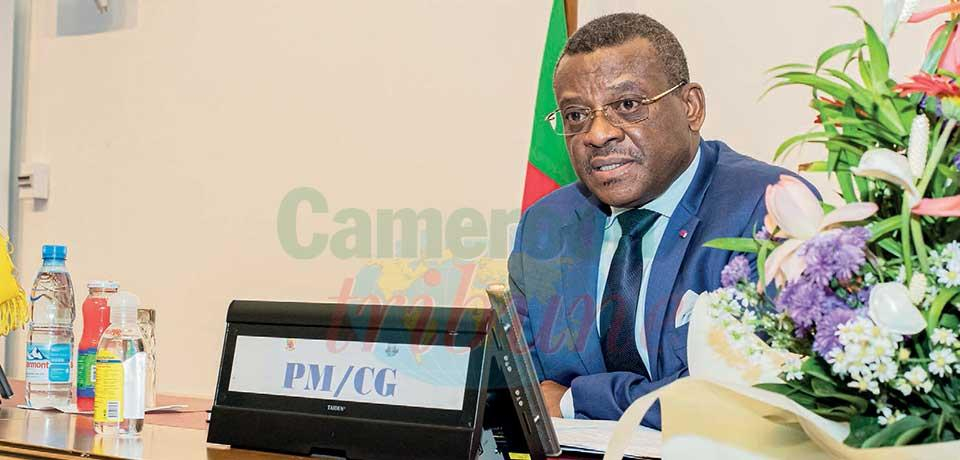
Below is the press release following the cabinet meeting of April 28, 2022.
“The Prime Minister, Head of Government, His Excellency Joseph DION NGUTE, on Thursday, 28 April 2022, at 10:00 a.m. in the Auditorium of the Prime Minister's Office, chaired a Cabinet meeting attended by Ministers of State, Ministers, Ministers Delegate and Secretaries of State.
The following items featured on the agenda:
1. Statement by the Minister of State Property, Surveys and Land Tenure on "strategy to fìght against the illegal sales of national lands as well as the de facto and uncontrolled occupation of land under the private property of the state"
2. Statement by the Minister of Water resources and Energy on "progress of the rural electrification programme and prospects of the project to electrify 1 000 localities through solar photovoltaic systems";
3. Statement of the Minister of Public Health on "the updated situation of the covid-19 pandemic and the cholera epidemic in Cameroon
At the end of the introductory statement of the Head of Government, the Minister in charge of the land tenure first defined some terms and the modalities for managing national land. It emerged that under the terms of Ordinance No. 74/1 of 6 July 1974 establishing the land tenure system, national land is essentially made up of all unregistered land, which is not located in the public domain. The State administers it with a view to its rational use and development. Thus, transactions are only possible through either a concession or a lease, in the case of land that is not actually occupied, or through registration, in cases where the occupation is reflected clearly through human occupation of the land or a proven development. With the exception of these procedures, the alienation or sale of national land is prohibited.
Measures to curb the illegal sale of national land include the suspension of direct registration and concessions in 21 divisions, namely Lékié, Mefou-and-Afamba, Mefou-and-Akono Mbam-and-lnoubou, Mbam-and-Kim, Lom-and-Djerem, Dja-and-Lobo, Ntem Valley, Ocean, Mvila, Sanaga Maritime, Moungo, Nkam, Upper Sanaga, Noun, Bénoué, Fako, Mezam, Mayo-Banyo, Vina and Wouri. The Minister also instituted a certificate of conformity applicable to direct registration applications, in order to reinforce the control of regularity. In the same vein, the modalities for examining applications for provisional or permanent concessions of national land were clarified. Thus, certificates of abandonment of customary rights are now prohibited.
Referring then to the private State land, the Minister said that it includes unregistered land that carries buildings, constructions, works or facilities built and maintained by the State, as well as land over which the State holds a land title or those on which procedures for State ownership are underway. He noted that de facto or anarchical occupations are materialised by encroachments perpetrated by private individuals or corporate bodies on areas not yet allocated or exploited. There are many causes of these abuses and are generally based on the violation of instructions relating to the safeguarding of certain areas, failures linked to the human factor as well as the absence of adequate security of the areas concerned. The strategy used to curb intrusions into private land revolves around the prohibition of transactions on these lands, the cancellation of irregular or fraudulent land titles and destruction when necessary.
Speaking after this, the Minister of Water and Energy said that during the period from 2011 to 2021, the State has mobilised external loans valued at more than CFA F 400 billion from multilateral donors to conduct the rural electrification progamrne. Government's action has consisted of increasing the production offer by 800 additional megawatts and modernising the transport infrastructure. To this end, several distribution network extension projects have been carried out or are underway, including the Strengthening and Extension of Electrical Transmission and Distribution Networks Project, which is mainly active in rural areas of the Far North, North, West, Littoral, Centre and South Regions. This project has already contributed to the electrification of 36,000 households out of the 68,000 planned. There is also the Rural Electrification and Access to Electricity in the Under-served Regions of Cameroon project, which will see 580 localities electrified with a target of 200,000 new households connected.
With regard to the mobilisation of internal resources, it was found that these contribute each year to the electrification of about 50 localities, while ENEO is working on the construction of new connections. Statistics show that the number of subscribers has increased from 712,380 in 2010 to 1,483,940 in 2020.
Additional actions consist of the installation of thermal power plants, particularly in the South-West Region, and the development of small hydroelectric power plants such as the Mbakaou Carrière facility, which supplies electricity to the town of Tibati and 8 other surrounding localities.
With regard to the programme for the electrification of 1,000 localities by solar photovoltaic systems, for which the technical partner is Huawei, the Minister in c...
Cet article complet est réservé aux abonnés
Déjà abonné ? Identifiez-vous >
Accédez en illimité à Cameroon Tribune Digital à partir de 26250 FCFA
Je M'abonne1 minute suffit pour vous abonner à Cameroon Tribune Digital !
- Votre numéro spécial cameroon-tribune en version numérique
- Des encarts
- Des appels d'offres exclusives
- D'avant-première (accès 24h avant la publication)
- Des éditions consultables sur tous supports (smartphone, tablettes, PC)






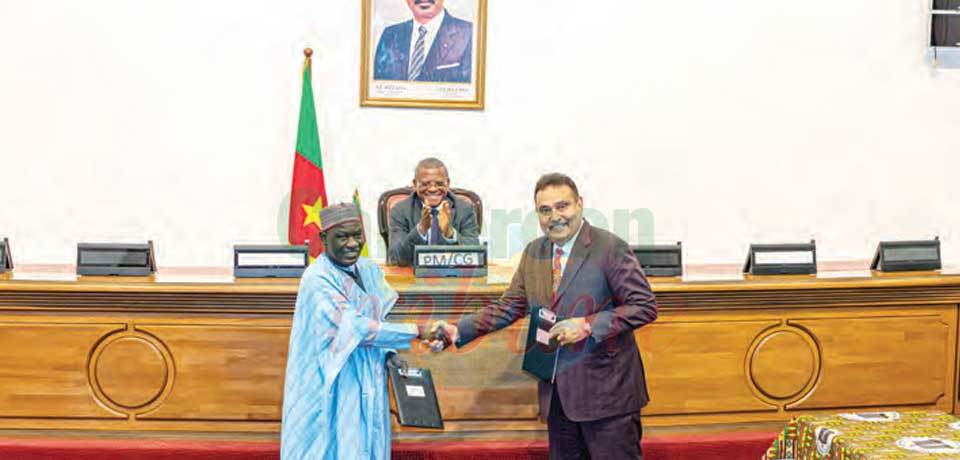
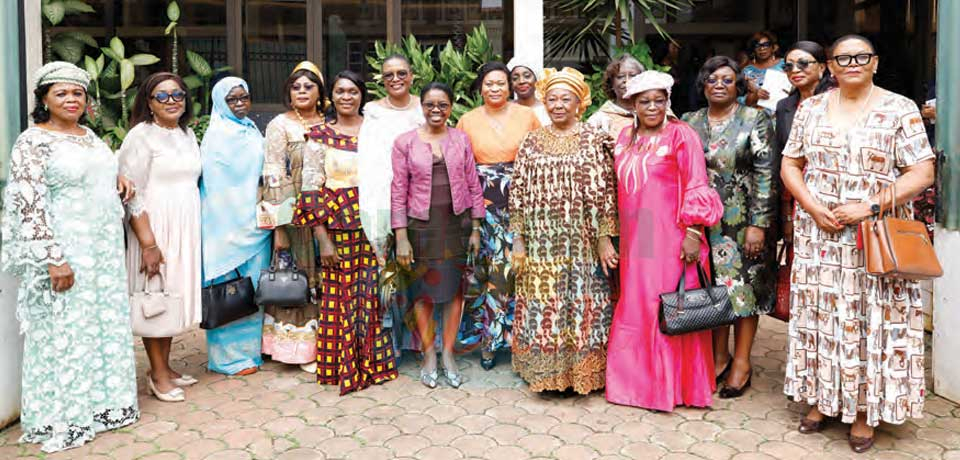
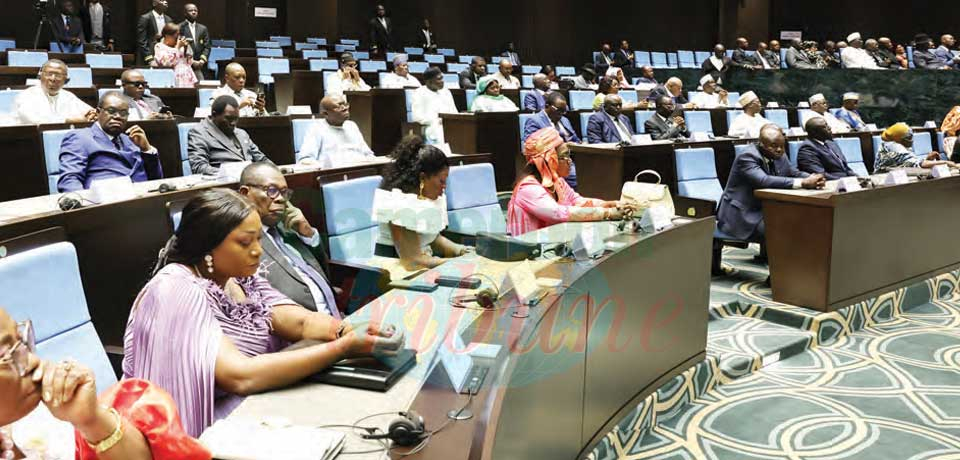
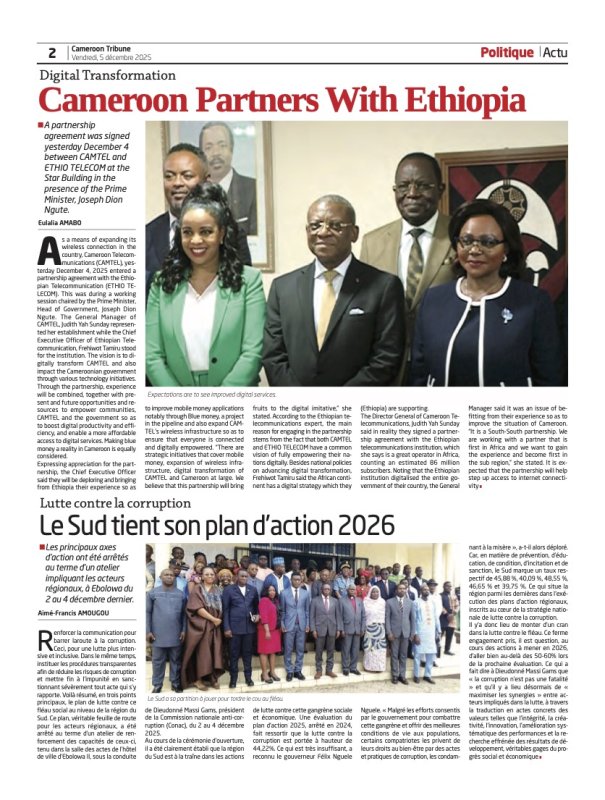




Commentaires